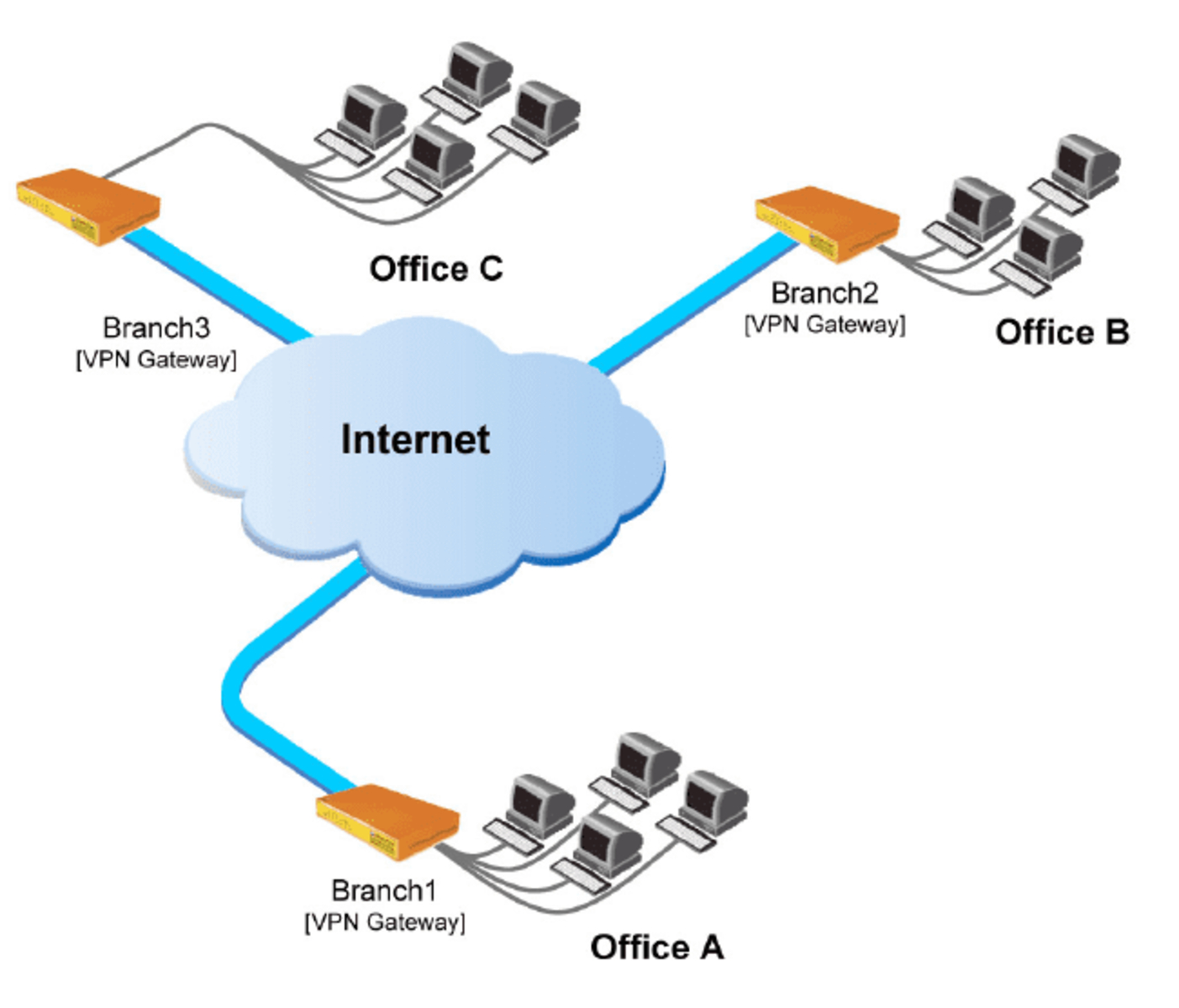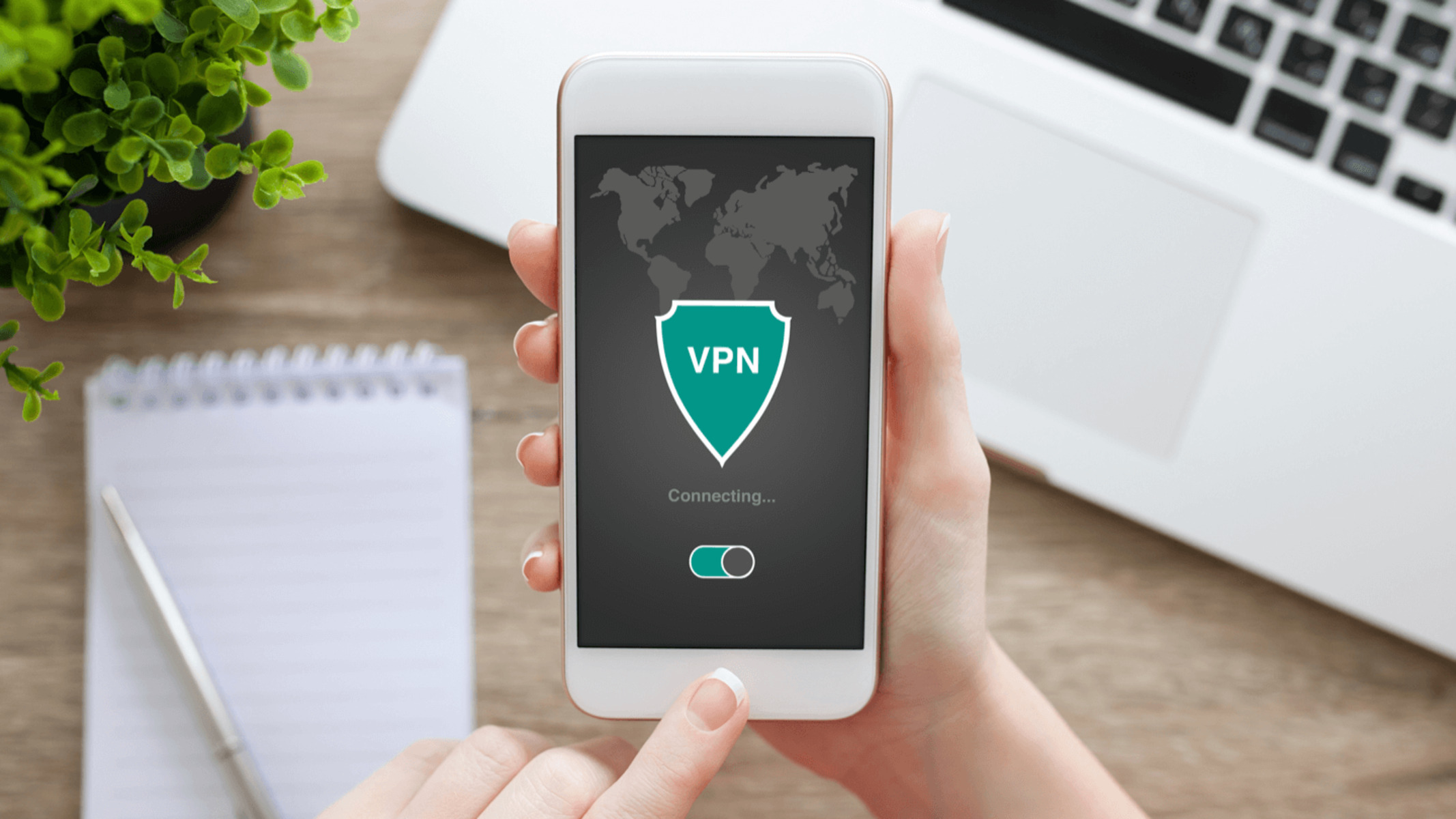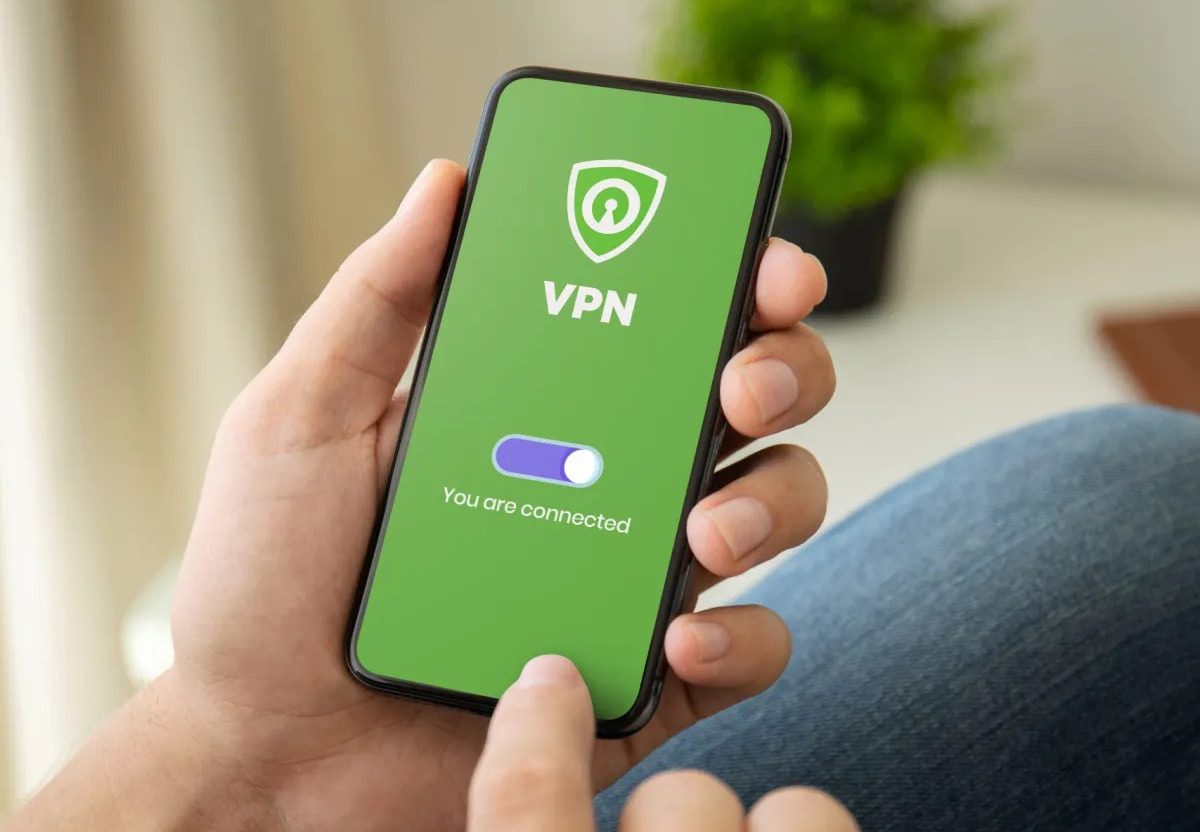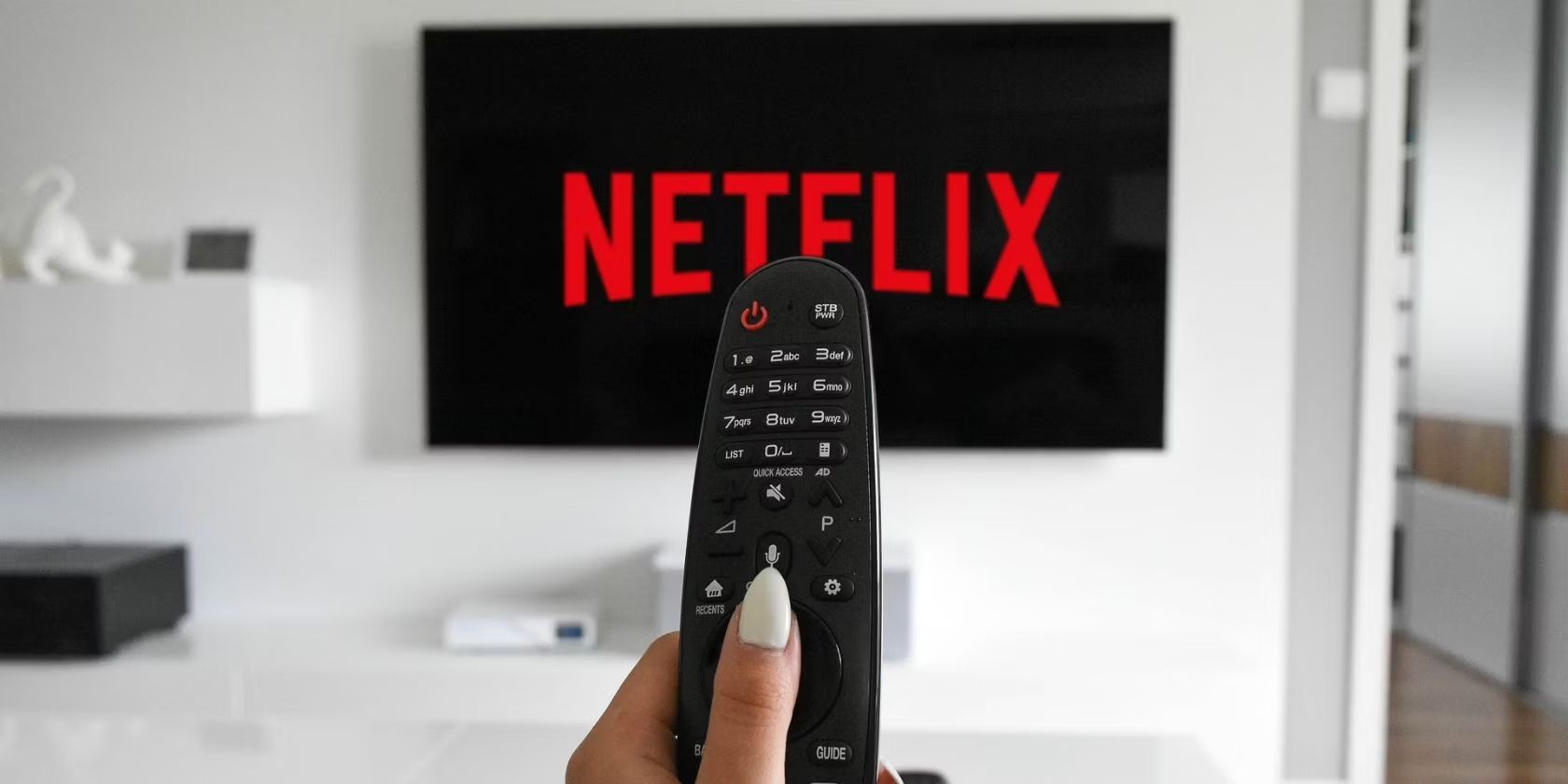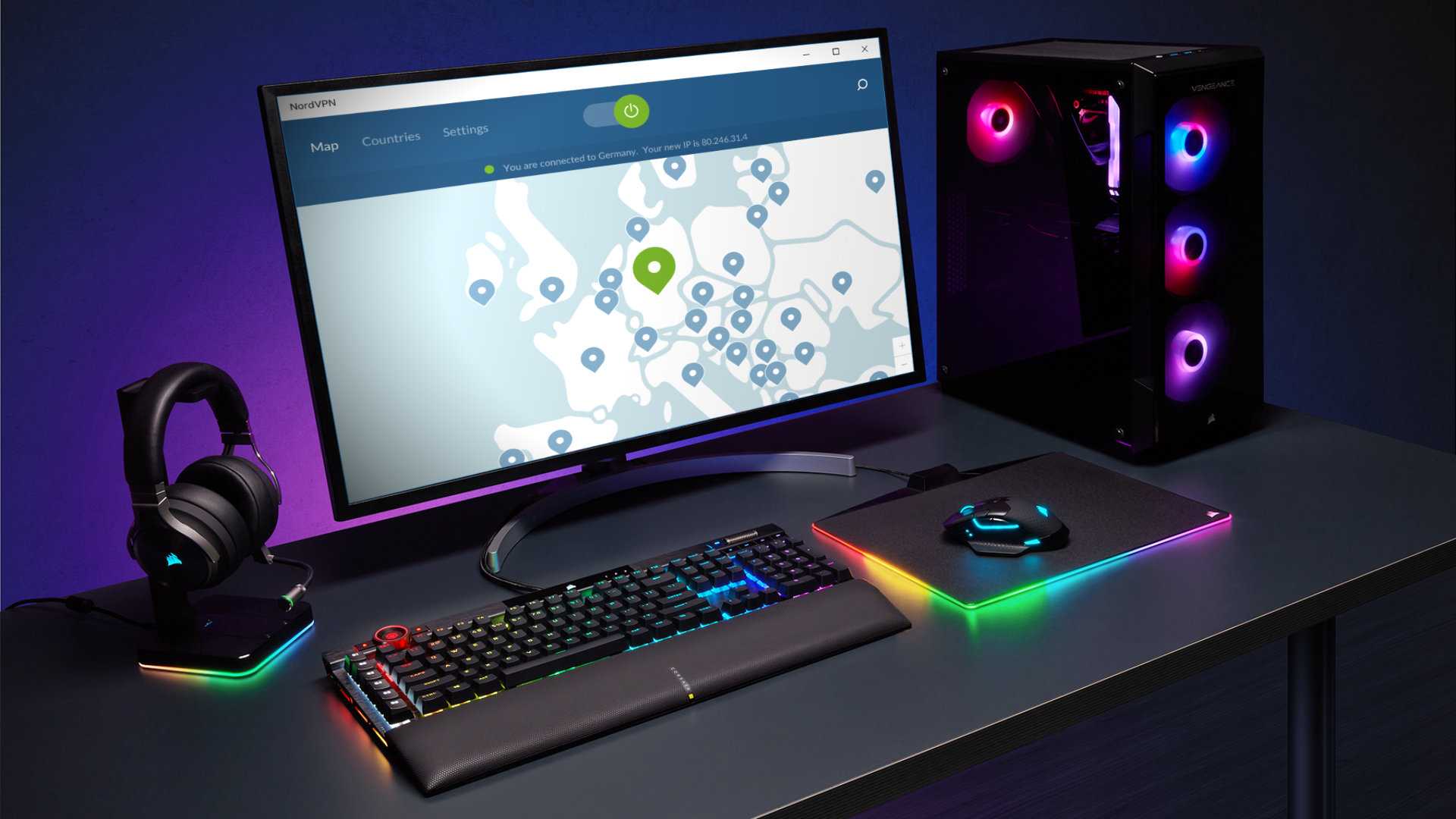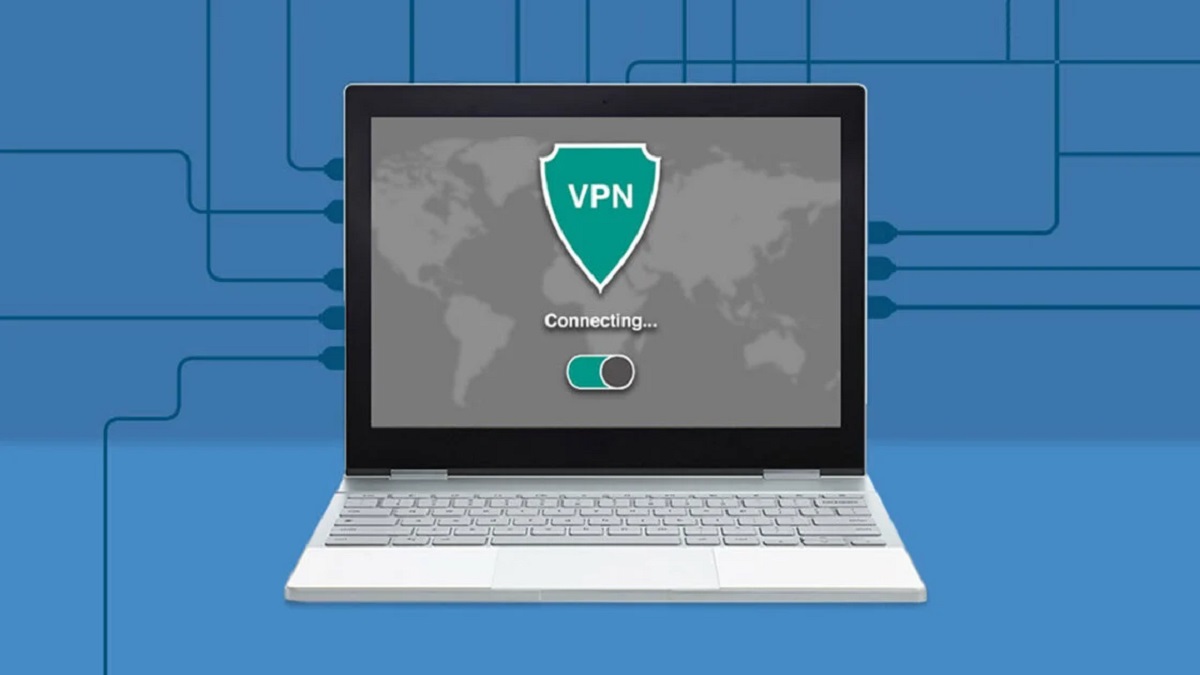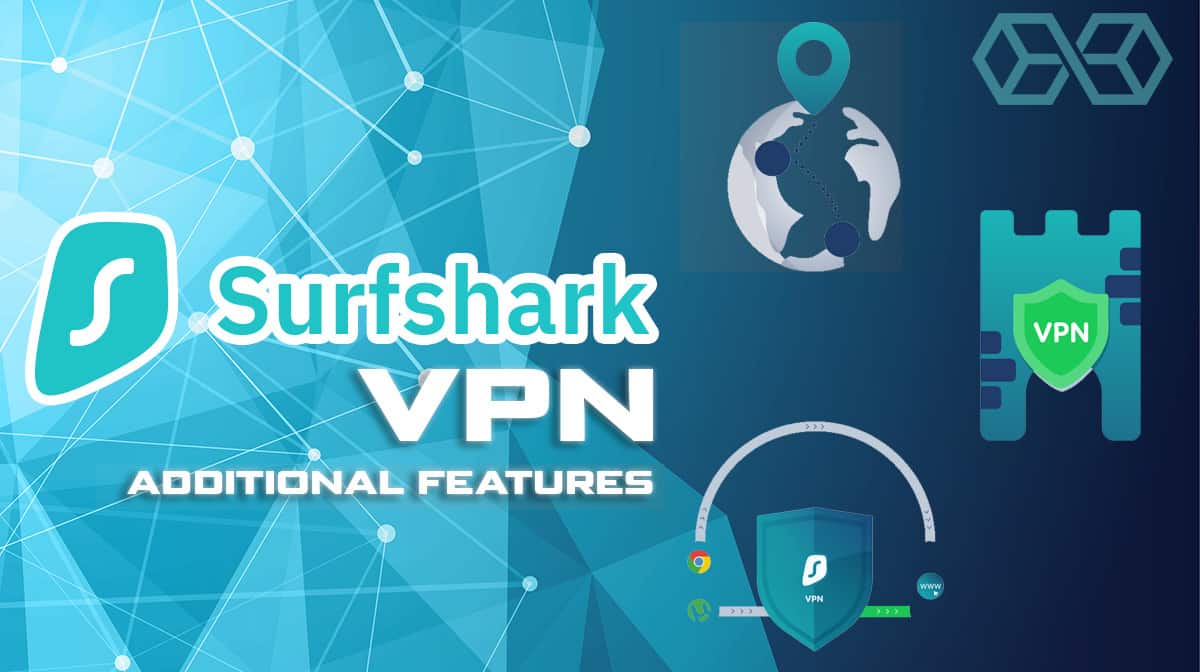What Is My Location VPN?
A My Location VPN, also known as a Virtual Private Network, is a technology that allows you to securely connect to the internet and change your apparent location. It works by encrypting your internet traffic and routing it through a remote server in a different geographic location. This way, it masks your IP address and provides you with a new virtual location.
With a My Location VPN, you can appear as if you are browsing the internet from a different country or region. For example, if you are located in Los Angeles, you can connect to a VPN server in London and access content that might be restricted within the United States.
The main purpose of using a My Location VPN is to protect your online privacy and bypass geographical restrictions. By encrypting your data and hiding your true location, a VPN safeguards your online activities from prying eyes, such as hackers, government surveillance, and even your internet service provider.
Additionally, a My Location VPN allows you to access geo-restricted content that is only available in certain countries. For instance, if you want to watch a TV show that is only available in the UK, you can use a VPN to connect to a UK server and gain access to that content.
Overall, a My Location VPN provides you with enhanced privacy, security, and flexibility when browsing the internet. It gives you the freedom to explore the digital world without limitations and ensures that your online activities remain private and protected.
How Does My Location VPN Work?
My Location VPN operates by establishing a secure and encrypted connection between your device and a VPN server located in a different location. When you connect to a VPN, your internet traffic is routed through this server, creating a virtual tunnel for your data to travel.
Here’s a breakdown of how a My Location VPN works:
- Encryption: When you initiate a connection to a VPN server, your data is encrypted using state-of-the-art encryption algorithms. This ensures that your online activities and sensitive information are protected from eavesdropping and unauthorized access.
- Tunneling: Once your data is encrypted, it is encapsulated in a secure tunnel. This tunnel acts as a protective shield, preventing anyone from intercepting or tampering with your data as it travels between your device and the VPN server.
- IP Address Masking: As your internet traffic passes through the VPN server, your real IP address is replaced with the IP address of the server. This masks your true location and makes it appear as if you are browsing the internet from the location of the VPN server.
- Accessing Geo-Restricted Content: By connecting to a VPN server in a different country, you can bypass geo-restrictions imposed by websites and streaming platforms. This allows you to access content that may be blocked or limited in your actual location.
- Ensuring Privacy and Security: By encrypting your data and masking your IP address, a My Location VPN provides a layer of privacy and security. It prevents your internet service provider, government agencies, and malicious actors from monitoring your online activities and compromising your sensitive information.
In summary, a My Location VPN works by encrypting your data, creating a secure tunnel, replacing your IP address, and granting you access to geo-restricted content. It is a powerful tool for safeguarding your online privacy and bypassing location-based restrictions.
Benefits of Using My Location VPN
Using a My Location VPN offers a wide range of benefits for both personal and professional use. Here are some of the key advantages:
- Enhanced Online Privacy: One of the primary benefits of using a My Location VPN is the increased privacy it provides. By encrypting your internet traffic and masking your IP address, a VPN shields your online activities from prying eyes, such as hackers, government surveillance, and advertisers.
- Bypassing Geo-Restrictions: With a My Location VPN, you can easily bypass geo-restrictions and access content that may be blocked or limited in your actual location. This means you can enjoy streaming services, websites, and online platforms that are normally restricted based on your geographic region.
- Secure Public Wi-Fi Connections: When connecting to public Wi-Fi networks, your data is vulnerable to interception by hackers. However, by using a My Location VPN, your internet traffic is encrypted, making it virtually impossible for anyone to access or steal your sensitive information.
- Anonymity and Identity Protection: By masking your IP address and routing your internet traffic through a VPN server, a My Location VPN adds an extra layer of anonymity. This ensures that your online activities cannot be traced back to your true identity, providing you with increased protection.
- Safe Torrenting and P2P File Sharing: For those who engage in torrenting or peer-to-peer (P2P) file sharing, a My Location VPN is essential. It not only hides your IP address but also protects you from potential legal consequences since your online activities are concealed.
- Access to Restricted Websites: In some countries, certain websites may be blocked by the government or internet service providers. With a My Location VPN, you can bypass these restrictions and gain access to any website, regardless of your physical location or local regulations.
Overall, using a My Location VPN offers invaluable benefits for maintaining online privacy, overcoming geo-restrictions, securing public Wi-Fi connections, protecting your identity, and accessing blocked or restricted content.
Common Use Cases for My Location VPN
A My Location VPN has a wide range of practical applications and can be useful in various scenarios. Here are some common use cases for utilizing a My Location VPN:
- Bypassing Geo-Blocking: Many streaming platforms and websites implement geo-blocking, which restricts access to content based on geographical location. By using a My Location VPN, you can trick these platforms into thinking you are accessing the content from a different location, allowing you to bypass the restrictions and access the desired content.
- Secure Remote Work: With the rise of remote work, having a secure connection is critical. A My Location VPN encrypts your communications, ensuring sensitive company data and communications are protected from unauthorized access, even when connecting to public Wi-Fi networks.
- Protecting Personal Information: Online privacy is essential in today’s digital world. Whether you are using public Wi-Fi at a coffee shop or accessing personal accounts and financial information, a My Location VPN safeguards your data from potential hackers and identity thieves.
- Accessing Local Services Abroad: When traveling overseas, accessing your local banking services, streaming platforms, or government websites can be challenging due to regional restrictions. Using a My Location VPN enables you to connect to servers in your home country, giving you access to these services as if you were physically there.
- Public Wi-Fi Security: Public Wi-Fi networks, such as those found in airports, hotels, and cafes, are potential breeding grounds for cyber threats. A My Location VPN protects your data from being intercepted by encrypting it, ensuring that your online activities remain private and secure, even on unsecured networks.
- Torrenting and P2P File Sharing: While file sharing through torrenting or peer-to-peer networks is legal in many jurisdictions, it can expose your IP address and make you vulnerable to legal action. A My Location VPN safeguards your identity and helps maintain your privacy and security while engaging in such activities.
These are just a few examples of how a My Location VPN can be utilized. Whether it’s for bypassing geo-restrictions, securing remote work, protecting personal information, accessing local services abroad, ensuring public Wi-Fi security, or engaging in torrenting and P2P file sharing, a My Location VPN offers a versatile and valuable solution.
How to Choose the Right My Location VPN Provider
With numerous My Location VPN providers available in the market, selecting the right one can be overwhelming. Here are some key factors to consider when choosing a My Location VPN provider:
- Security and Privacy: Look for a VPN provider that offers strong encryption protocols to ensure the security and privacy of your data. Consider providers that have a strict no-logs policy, meaning they do not track or store your online activities.
- Server Locations: Check the provider’s server coverage and the locations they offer. Ensure that they have servers in the countries you are interested in connecting to. The more server locations available, the more flexibility and options you have.
- Connection Speed: VPNs can sometimes slow down your internet connection due to encryption and routing processes. Choose a provider that offers fast and reliable connections, ensuring smooth browsing, streaming, and downloading experiences.
- Compatibility: Consider the devices and operating systems you will be using with the VPN. Ensure that the provider offers compatibility and has dedicated apps for your devices.
- Customer Support: Look for a VPN provider that offers reliable customer support. This includes multiple support channels, such as live chat, email, or phone support, and the availability of resources like FAQs, knowledge base, and troubleshooting guides.
- Cost: Evaluate the pricing plans and consider what features are included. Some providers offer different packages with varying functionalities and limits. Take into account your usage needs and budget when making a decision.
- User Experience: Read reviews and user experiences to get an idea of the provider’s ease of use and overall user experience. A good VPN provider should have a user-friendly interface and intuitive setup process.
By considering these factors, you can assess and compare My Location VPN providers to find the one that best meets your specific needs and preferences.
Steps to Set Up and Use My Location VPN
Setting up and using a My Location VPN is typically a straightforward process. Here are the general steps to follow:
- Select a VPN Provider: Choose a reputable VPN provider that meets your requirements in terms of security, server locations, and features. Sign up for an account and choose a subscription plan.
- Download and Install: After signing up, download the VPN software or app provided by your chosen provider. Ensure compatibility with your device’s operating system.
- Launch the App: Open the VPN app on your device and sign in using your VPN account credentials.
- Connect to a Server: Choose a server location from the available options. Ideally, select a server in the location you want to appear as if you are browsing from.
- Establish the Connection: Click the “connect” button within the app to establish a secure connection to the selected server.
- Verify Your IP Address: Ensure that your IP address has changed by visiting a website that displays your IP. It should now reflect the IP address associated with the connected server location.
- Start Browsing: Once the connection is established, you can now browse the internet with the new virtual location. Enjoy unrestricted access to geo-blocked content and enhanced privacy.
- Disconnect When Finished: When you have finished using the My Location VPN, simply disconnect from the VPN server by clicking the “disconnect” button within the app.
It’s important to note that the steps may vary slightly depending on the specific VPN provider and device you are using. Some providers may offer additional settings or advanced features for customization.
Remember to refer to the provider’s documentation or support resources for any specific instructions or troubleshooting guidance for your chosen My Location VPN.
Troubleshooting Common Issues with My Location VPN
While using a My Location VPN generally runs smoothly, there may be instances where you encounter issues. Here are some common problems and troubleshooting steps to resolve them:
- Connection Issues: If you are having trouble connecting to the VPN server, double-check your internet connection. Try switching to a different server or protocol within the VPN app. If the problem persists, contact your VPN provider’s customer support for assistance.
- Slow Connection Speed: If you notice a significant decrease in your internet speed while connected to the VPN, try connecting to a different server closer to your physical location. You can also try switching to a different VPN protocol or contacting your ISP to see if there are any bandwidth restrictions.
- Compatibility Issues: Some VPN apps may not be compatible with certain devices or operating systems. If you encounter compatibility issues, check for updates or consider switching to a VPN provider that offers better compatibility with your device.
- Firewall or Antivirus Interference: Occasionally, firewalls or antivirus software may interfere with the VPN connection. Temporarily disable any firewall or antivirus programs and try connecting to the VPN again. If the issue persists, configure the firewall to allow the VPN traffic.
- DNS Leaks: A DNS leak occurs when your true IP address is exposed despite being connected to a VPN. To prevent DNS leaks, enable the VPN’s built-in DNS leak protection if available. Alternatively, you can manually configure your device’s DNS settings to use the VPN’s DNS servers.
- Limited Server Locations: If you are unable to access specific content due to limited server locations, consider switching to a VPN provider that offers more extensive server coverage and a wider range of locations.
- Subscription or Account Issues: If you are facing issues related to your VPN subscription or account, such as payment problems or account access, reach out to your VPN provider’s customer support for assistance and clarification.
If you encounter persistent issues or problems that are not covered here, it is recommended to reach out to your VPN provider’s customer support. They will be able to provide specific guidance and troubleshooting steps tailored to your situation.
Conclusion
Using a My Location VPN can significantly enhance your online experience, offering increased privacy, security, and access to geo-restricted content. By encrypting your internet traffic and masking your true location, a My Location VPN provides you with the freedom to browse the internet without limitations and the assurance that your online activities remain private and protected.
Throughout this article, we have explored what a My Location VPN is and how it works. We have delved into the benefits of using a My Location VPN, including enhanced online privacy, bypassing geo-restrictions, and securing public Wi-Fi connections. We have also discussed common use cases for a My Location VPN, such as accessing restricted content and ensuring remote work security.
Choosing the right My Location VPN provider is crucial, considering factors such as security, server locations, connection speed, compatibility, and customer support. By following the steps to set up and use a My Location VPN, you can easily establish a secure connection to a VPN server and start enjoying its benefits.
If you encounter any issues with your My Location VPN, troubleshooting common problems such as connection issues, slow speed, compatibility, and DNS leaks can help resolve these challenges. Remember to consult your VPN provider’s support resources or contact their customer support for further assistance.
In conclusion, utilizing a My Location VPN is a valuable tool for protecting your online privacy, accessing geo-restricted content, and ensuring a secure internet connection. By understanding how it works and following the steps and best practices outlined in this article, you can make the most of your My Location VPN and enjoy a safer and more unrestricted online experience.









